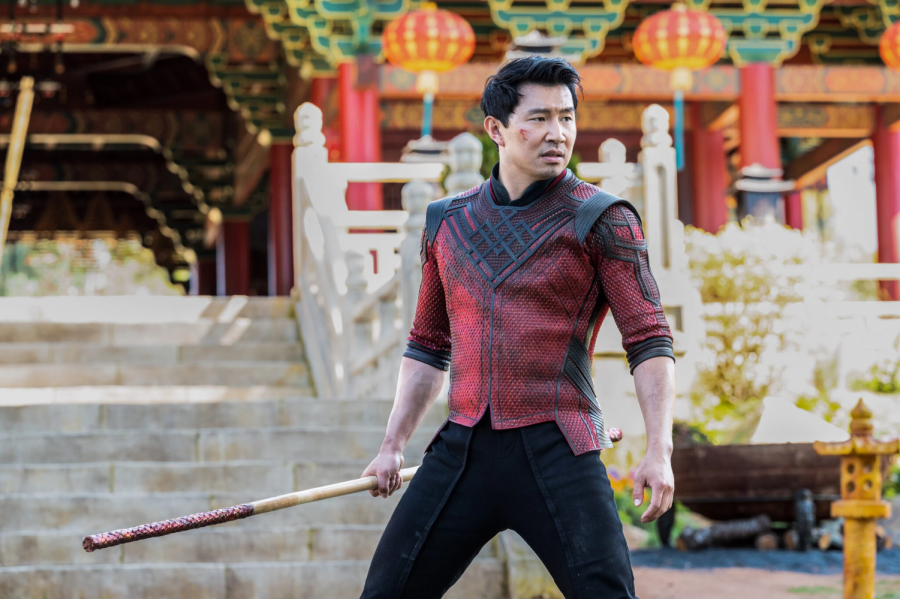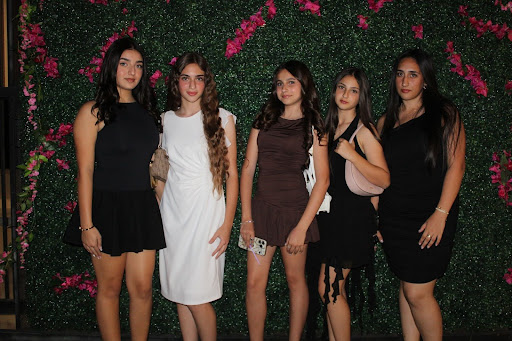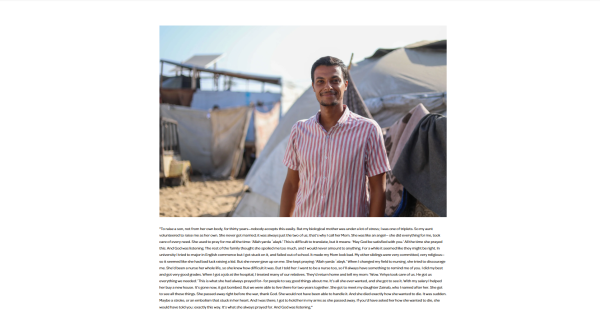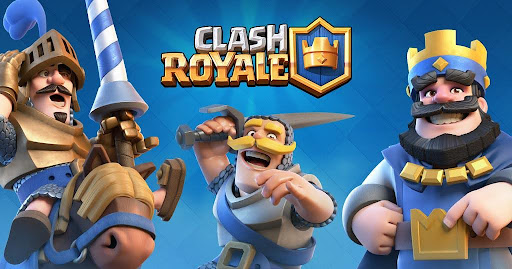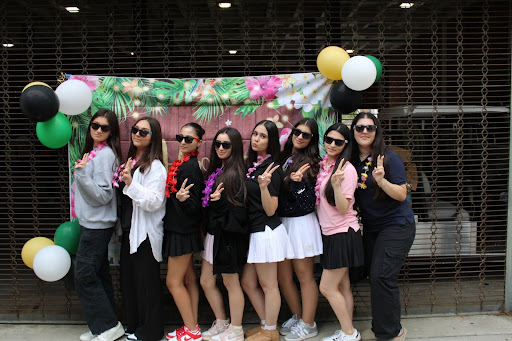Marvel’s 2021 film ‘Shang-Chi and the Legend of the Ten Rings’ Jumps into Action
Shang-Chi and the Legend of the Ten Rings had its theatrical release on September 3rd, 2021 and garnered approval from both Marvel fans and casual viewers. Reviews often mentioned the words “stand-alone,” “future Marvel movies,” and “breath of fresh air for the MCU.” So what made it so different?
Firstly, Shang-Chi and the Legend of the Ten Rings (often shortened to Shang-Chi) did not have the expectations of just a ‘normal’, run of the mill Marvel movie. The release of a film so infused with Asian culture at a time of vulnerability for the Asian American community subjected it to high scrutiny. To say expectations were running high prior to its release is an understatement — Bob Chapek, CEO of Disney, was made aware of this when he found himself on the receiving end of heated reactions for a misunderstood comment about the release of Shang-Chi as “an interesting experiment.” Furthermore, as an actor’s comments against the Chinese Communist Party circulated the web, talk of the movie being banned in China surfaced as well.
In spite of a tumultuous pre-release, Shang-Chi managed to dazzle theatregoers. How?
The fights:
Shang-Chi’s style of shooting fight scenes departed from the usual Marvel style — opting for a more martial arts movie approach rather than the frenzied style of Marvel normally. Here, takes were longer, less disorientating, with emphasis on the rhythm and impact of each punch and kick thrown. The camera, foley, and choreography worked in tandem, making the audience feel the power and flow of each strike. Furthermore, the film managed to incorporate different styles of Asian martial arts, like tai chi, a style that is flowy and focused on smooth movement, and wing chun, a style that focuses on strength and flexibility. A chief concern of Marvel was getting the action just right — and they succeeded. The attention to detail and subtle nods to other Martial arts films (namely Kung Fu Hustle) was what made the melee good.
The story:
Shang-Chi manages to portray a narrative often not seen in Marvel’s (male protagonist centric) superhero films: a narrative about a nebulous, shifting identity, and a broken family. Shang-Chi, or Shaun, as Shang-Chi “americanizes” his name, grapples with a legacy that he wants nothing to do with. Unlike other Marvel movies, Shang-Chi features a character constantly trying to run away from his responsibility. He’s not like Captain America, who yearns to be a hero from day one, and he’s not like Spider-man, who chooses to rise to the occasion when given the hero mantle. Throughout the film, Shang-Chi (or Shaun), confronts his past, and tries to unite both sides of his identity: the carefree American, and the battle-hardened martial artist.
…And a point for diversity, as well:
Obviously, Shang-Chi and the Legend of the Ten Rings is steeped in Chinese culture. It’s the first Marvel film to have an Asian as the main character, and its supporting cast are all of Asian descent, specifically Chinese as well. This sets a precedent for Hollywood, who is in the habit of casting Asian actors into roles that do not match with the actor’s ethnicity; but are still Asian nonetheless. A good example of this is Randall Park: A Korean actor famously known for portraying the Chinese dad in the TV sitcom Fresh off the Boat. Casting decisions like this further support the stereotype that East Asian culture is just a monolith: that there are no discernable differences between Chinese, Korean, and Japanese people. Shang-Chi does a brilliant job of countering this stereotype. From the constant scenes that are spoken in Chinese down to the iconography used on props, Shang-Chi built a world fantastically and authentically Chinese.
One last thing:
I have been telling people for years that Tony Leung is amazing, and no one in America knew who he was. No longer!
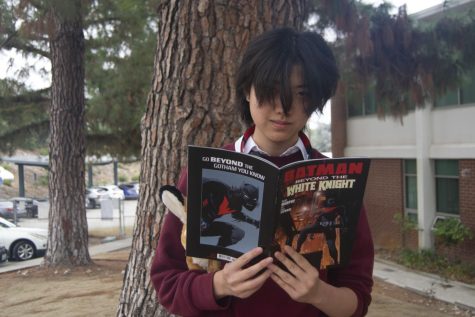
Interests/hobbies? Mixing (music), movies, reading, and games.
Dream Destination? Xitang, Zhejiang China
In 20 years... could be dead. Who knows?
Favorite...



